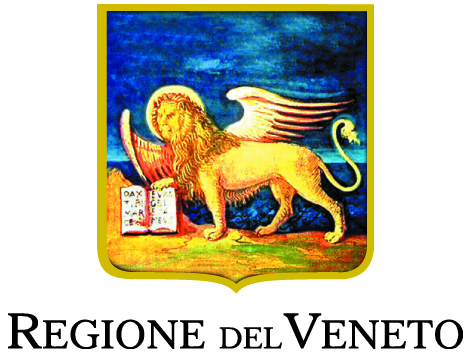The Graduate School of Arts and Humanities includes three PhD programmes:
- Foreign Literatures, Languages, and Linguistics
- Human Sciences
- Philology, Literature and Performance Studies.

The cloister of San Francesco seat
Foreign Languages, Literatures and Linguistics
The Ph.D. programme is subdivided into three curricula:
- Foreign Literatures and Cultures;
- Foreign Languages and Translation Studies; and
- Linguistics.
The PhD course aims to promote high-level academic education based on the integration of linguistic, literary and cultural studies in order to build critical awareness of the multicultural and multilingual reality of Europe and of the world, as well as the ability to act upon such reality.
Ph.D. students will acquire the methodological and theoretical tools they need for their own research, which will be conducted in various cultural and professional fields relating to European and Extra-European linguistic, literary and cultural studies.
Human Sciences
The PhD course is focused on investigating the human experience with an integrated research approach. The course is organised in three curricula:
- Philosophy,
- Education, and
- Psychology (international programme),
which “dialogue” within five interdisciplinary research areas: Inclusive societies; Training and organizational dynamics; Child development and educational practices; Theories and practices of care; Cognition and contemporaneity roots.
Philology, Literature and Performance Sciences
This PhD course, with a single curriculum, brings together the areas of history of literature and of disciplines linked to texts and performance.
The course is dedicated to literary texts, works of performing arts and their traditions in a time span covering the ancient, medieval, modern and contemporary ages. The research field concerns both European and extra-European literatures in an international perspective and includes a wide range of approaches (diachronic and synchronic, written and oral, theoretical and practical).



